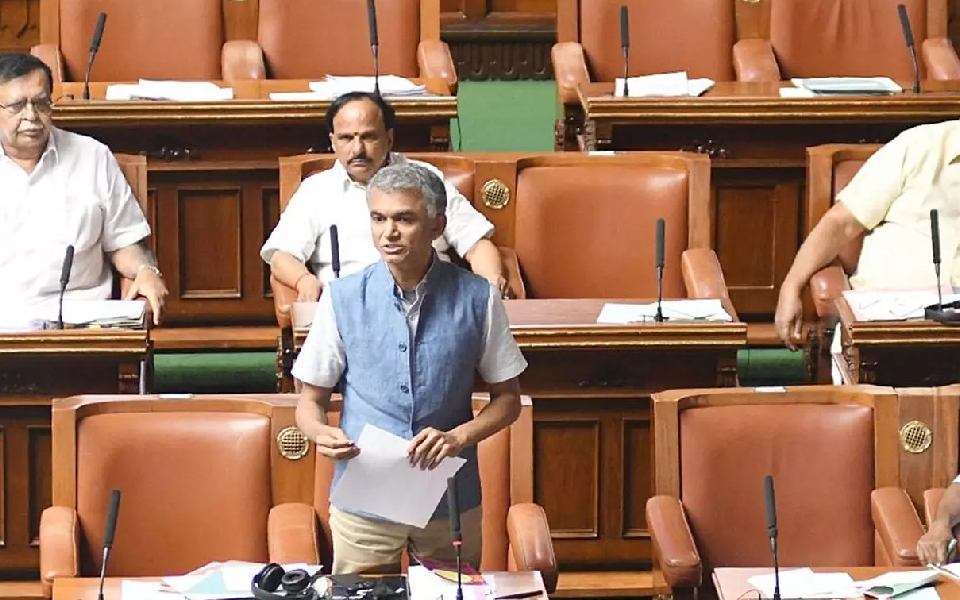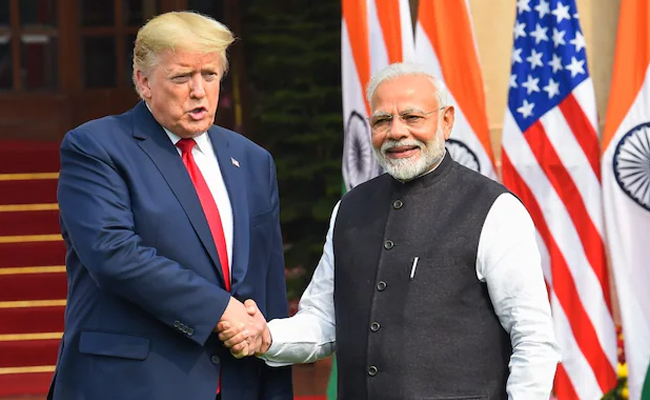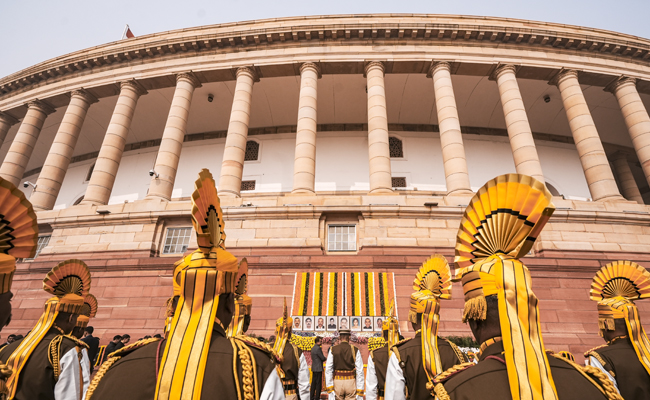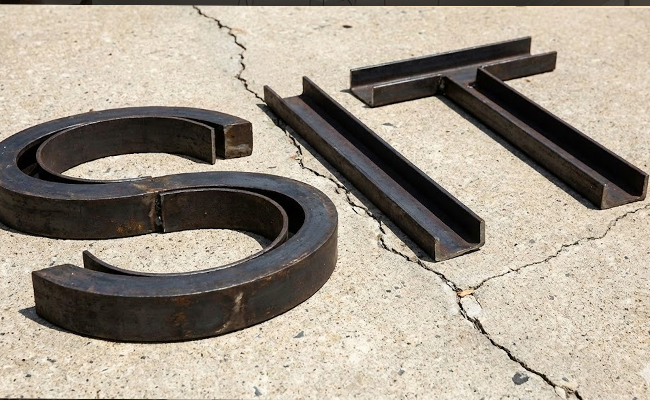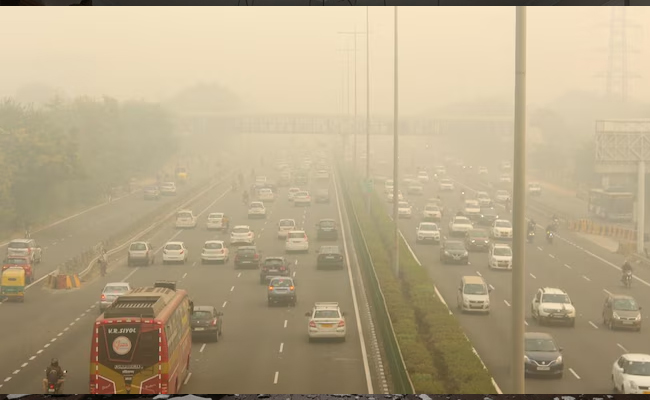Bengaluru: Karnataka's Revenue Minister, Krishna Byre Gowda, has committed to taking strict action against the construction of unauthorized layouts around Bengaluru. This pledge came in response to concerns raised by BJP member S.R. Vishwanath during a session of the Legislative Assembly on Monday.
Gowda emphasized the illegal conversion of agricultural land into residential layouts, stating, "Agricultural land is being illegally converted and registered into layouts, a process that is both illegal and unwise to legalize. If we ignore this, the problem will only worsen."
He also addressed the misuse of a classification system in Sub-Registrar Offices, known as "Other," which is intended for registering ‘grama thana’ and similar properties. Gowda noted that illegal registrations have been processed under this system, prompting plans to eliminate its misuse.
ALSO READ: Mysuru: Wall collapse at Olympia Theater injures four
To tackle illegal registrations, Gowda proposed linking sub-registrars directly with the e-khata facility, which is managed by local bodies, including village panchayats and municipal councils. He explained, "An amendment bill for the online integration of all separate accounts has already been passed in the legislature, awaiting the President's signature. Implementation of this bill is expected to curb unauthorized registrations effectively."
BJP MLA S.R. Vishwanath highlighted the extent of the issue, revealing that illegal registrations of agricultural land in Bengaluru and surrounding areas involve bribes of Rs. 35,000 per transaction. He noted that around 100 layouts are registered daily, resulting in transactions worth Rs. 35 lakhs, with an estimated Rs. 8 crores collected in bribes each month.
Let the Truth be known. If you read VB and like VB, please be a VB Supporter and Help us deliver the Truth to one and all.
New Delh (PTI) The Congress on Saturday said it is perhaps not very surprising that India is not part of a US-led strategic initiative to build a secure silicon supply chain, given the "sharp downturn" in the Trump-Modi ties, and asserted that it would have been to "our advantage if we had been part of this group".
Congress general secretary in charge of communications Jairam Ramesh took a swipe at Prime Minister Narendra Modi, saying the news of India not being part of the group comes after the PM had enthusiastically posted on social media about a telephone call with his "once-upon-a-time good friend and a recipient of many hugs in Ahmedabad, Houston, and Washington DC".
In a lengthy post on X, Ramesh said, "According to some news reports, the US has excluded India from a nine-nation initiative it has launched to reduce Chinese control on high-tech supply chains. The agreement is called Pax Silica, clearly as a counter to Pax Sinica. The nations included (for the moment at least) are the US, Japan, the Republic of Korea, Singapore, the Netherlands, the United Kingdom, Israel, the United Arab Emirates, and Australia."
"Given the sharp downturn in the Trump-Modi ties since May 10th, 2025, it is perhaps not very surprising that India has not been included. Undoubtedly, it would have been to our advantage if we had been part of this group."
"This news comes a day after the PM had enthusiastically posted on his telephone call with his once-upon-a-time good friend and a recipient of many hugs in Ahmedabad, Houston, and Washington DC," the Congress leader asserted.
The new US-led strategic initiative, rooted in deep cooperation with trusted allies, has been launched to build a secure and innovation-driven silicon supply chain.
According to the US State Department, the initiative called 'Pax Silica' aims to reduce coercive dependencies, protect the materials and capabilities foundational to artificial intelligence (AI), and ensure aligned nations can develop and deploy transformative technologies at scale.
The initiative includes Japan, South Korea, Singapore, the Netherlands, the United Kingdom, Israel, the United Arab Emirates, and Australia. With the exception of India, all other QUAD countries -- Japan, Australia and the US -- are part of the new initiative.
New Delhi will host the India-AI Impact Summit 2026 on February 19-20, focusing on the principles of 'People, Planet, and Progress'. The summit, announced by Prime Minister Narendra Modi at the France AI Action Summit, will be the first-ever global AI summit hosted in the Global South.
Prime Minister Modi and US President Trump on Thursday discussed ways to sustain momentum in the bilateral economic partnership in a phone conversation amid signs of the two sides inching closer to firming up a much-awaited trade deal.
The phone call between the two leaders came on a day Indian and American negotiators concluded two-day talks on the proposed bilateral trade agreement that is expected to provide relief to India from the Trump administration's whopping 50 per cent tariffs on Indian goods.
In a social media post, Modi had described the conversation as "warm and engaging".
"We reviewed the progress in our bilateral relations and discussed regional and international developments. India and the US will continue to work together for global peace, stability and prosperity," Modi had said without making any reference to trade ties.

